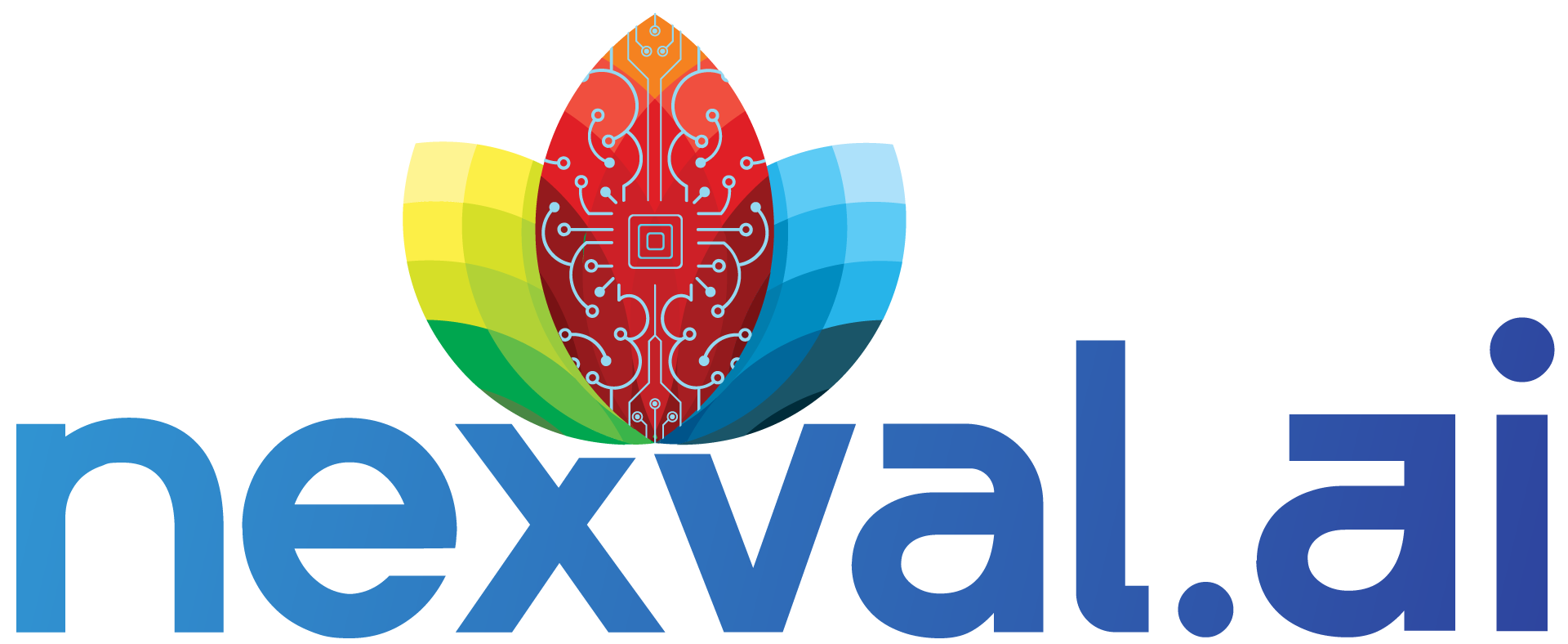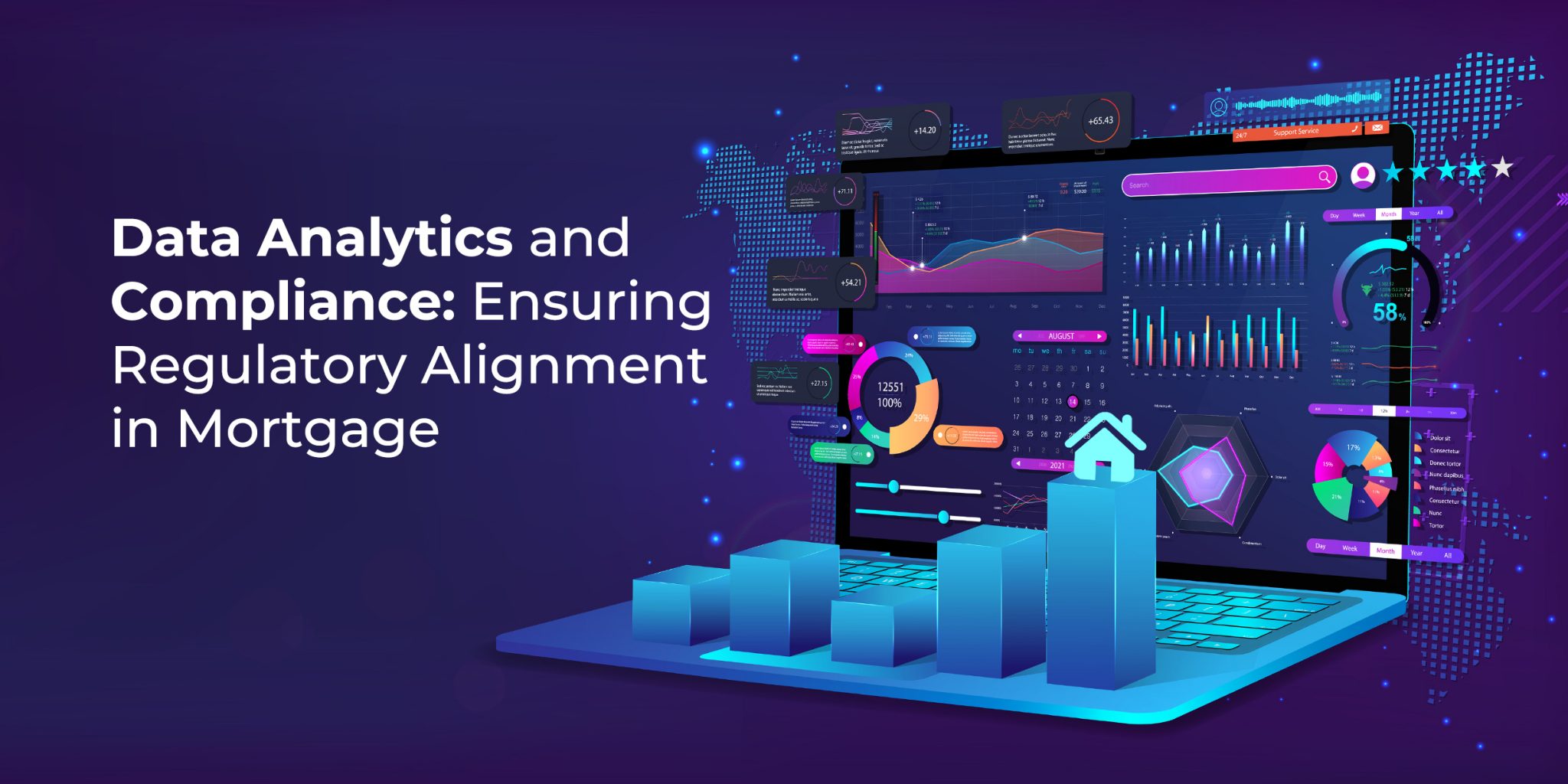In 2024, AI in mortgages is beginning to gain momentum. 65% of lenders are familiar with AI, 22% are trialling its use, and 7% have deployed it, finds Fannie Mae. From cybersecurity protection to more tailored borrower experiences, AI opens up all-new process improvement use cases. However, given current skill and infrastructure capacities, firms may rely on mortgage outsourcing for AI to take off. Here are the ten use cases where this can make a genuine difference:
1. Loan application queue prioritization
Imagine a scenario where your loan application is seamlessly processed, prioritized based on risk factors, and swiftly advanced through the pipeline. AI orchestrates this efficiency by analyzing vast datasets to assess the creditworthiness of applicants.
Factors such as credit history, income stability, and debt-to-income ratio are critical to this process — it helps the AI engine accurately prioritize loan applications, ensuring that high-potential candidates receive prompt attention while mitigating the risk of default.
2. Real-time compliance checks
In the ever-evolving regulatory landscape of the mortgage industry, compliance and cybersecurity protection are both paramount. AI acts as a vigilant sentinel, continuously monitoring transactions and documents to ensure adherence to regulatory standards.
Through real-time analysis of vast regulatory databases and dynamic rule sets, AI flags potential compliance breaches. This empowers your mortgage business to pre-emptively rectify issues and maintain regulatory compliance.
3. AI for mortgage cybersecurity protection
With the digitalization of mortgage processes comes the looming threat of cyberattacks. AI fortifies your defenses by deploying advanced algorithms to detect and mitigate cyber threats in real time.
It analyzes traffic patterns, detecting anomalous behavior, and preemptively blocking suspicious activities; this safeguards your sensitive data from the ever-evolving arsenal of cyber threats. AI-based cybersecurity protection measures can ensure the integrity and confidentiality of your mortgage transactions in a much more failsafe manner.
Read more: The Impact of AI on the Mortgage Industry
4. Equal opportunity lending in consumer and CRE segments
In the pursuit of financial inclusion, AI emerges as a catalyst for equal-opportunity lending. The close inspection of vast demographic and socioeconomic data makes it possible to uncover patterns of bias and discrimination in lending practices. Leveraging machine learning algorithms, AI enables lenders to design fair and inclusive lending policies that transcend race, ethnicity, and socioeconomic status. It fosters a more equitable landscape in both consumer and commercial real estate lending.
5. Detecting loan fraud and file tampering
The specter of loan fraud and file tampering looms large in the mortgage industry, posing a significant threat to lenders and borrowers alike. AI acts as a vigilant guardian in terms of cybersecurity protection, scrutinizing every aspect of the loan application process to detect signs of fraud and tampering.
Through the in-depth evaluation of behavioral trends, discrepancies in documentation, and possible suspicious activities, AI enables lenders to safeguard against fraudulent practices, preserving the integrity of the mortgage ecosystem.
6. Escrow management automation
Escrow management is a labor-intensive process fraught with manual errors and inefficiencies. While most companies resort to mortgage outsourcing for this, artificial intelligence offers a smarter alternative.
AI revolutionizes this process by automating routine tasks such as fund disbursement, document verification, and reconciliation. Modern AI solutions are built on machine learning algorithms. This helps optimize escrow management, reducing processing time, minimizing errors, and enhancing transparency. You benefit from far more efficient escrow operations.
7. Natural language processing (NLP) for customer service
In the age of conversational banking, natural language processing (NLP) emerges as a game-changer in customer service. AI-powered chatbots equipped with NLP capabilities engage customers in meaningful conversations, addressing their queries, and guiding them through the mortgage application process with unparalleled efficiency.
Since it understands the nuances of human language, NLP-powered chatbots deliver personalized assistance round-the-clock, enhancing the overall customer experience.
8. AI for mortgage KYC
Know Your Customer (KYC) compliance is a cornerstone of responsible lending practices and cybersecurity protection. AI revolutionizes KYC processes by automating identity verification, risk assessment, and due diligence.
AI can analyze vast datasets and leverage biometric authentication technologies. This allows lenders to seamlessly verify the identity of applicants, assess their risk profile, and ensure compliance with regulatory requirements, thereby strengthening the integrity of the mortgage lending process.
9. Personalized mortgage recommendations
Gone are the days of one-size-fits-all mortgage products. AI empowers lenders to deliver personalized mortgage recommendations tailored to the unique needs and preferences of individual borrowers.,
It generates personalized mortgage offers that align with the financial goals and risk tolerance of borrowers, enhancing customer satisfaction and loyalty. To achieve this, AI analyzes demographic data, financial profiles, and market trends at a pace impossible for human beings.
10. Document management and data extraction through OCR
The deluge of documents inundating the mortgage process poses a significant challenge for lenders. AI comes to the rescue with optical character recognition (OCR) technology, which automates document management and data extraction tasks.
It can scan and digitize documents at scale, extracting relevant information, and populating data fields. As a result, OCR-powered AI systems streamline document processing – reducing manual effort, and accelerating the mortgage approval process.
Why Mortgage Outsourcing for AI Adoption Makes Sense
Outsourcing your mortgage tasks for AI adoption can be a game-changer for your lending operations. It lets you bring a specialized team of experts to handle the technological aspects – allowing you to concentrate on your core business activities.
One of the significant advantages of mortgage outsourcing is the access to a pool of specialized talent. These experts are well-versed in the nuances of the mortgage industry and possess the technical skills required to deploy AI solutions effectively.
Moreover, mortgage outsourcing offers unparalleled flexibility and scalability. You have the freedom to adjust your resources based on fluctuating demand and changing business priorities.
Outsourcing can help you mitigate risks associated with AI implementation. With experienced professionals overseeing the process, you can minimize the likelihood of errors. At Nexval, we are mortgage outsourcing experts with decades of experience partnering with America’s top lenders on their digital transformation initiatives.
Speak with our experts to know how we can turbo-charge your AI adoption journey.


